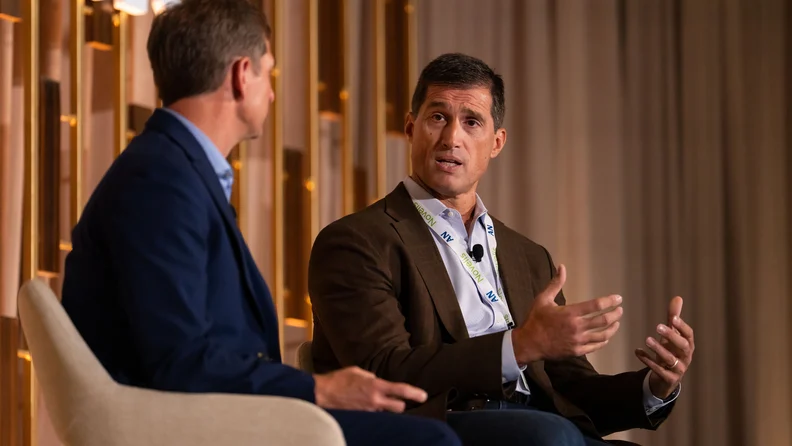Islamabad, Sep 26: One of the major obstacles facing Ford Motor Co. in revitalizing its struggling electric vehicle (EV) segment is addressing customer misperceptions and misinformation, according to Marin Gjaja, COO of Ford’s Model E business unit.
Gjaja emphasized the need for automakers to tackle both functional economic challenges, such as overall ownership costs, and behavioral economic challenges, where consumers often prioritize perceived losses over potential gains.
He remarked, “We have a compliance requirement to sell electric vehicles, but out there we have customers who are fearing loss and misperceive the value.” His goal is to effectively market vehicles that customers may only appreciate after owning them for a few years.
Despite a 58% increase in U.S. EV sales this year through August, the slower-than-expected adoption rate has led Ford to reduce spending, delay upcoming products, and slow down dealer EV investments.
The company anticipates losses in its Model E division ranging from $5 billion to $5.5 billion for the current year.
To combat these challenges, Ford is collaborating with its dealers to educate customers through initiatives like Ford University, an AI-driven digital training program.
The automaker is also focusing on a low-cost, dedicated EV platform developed by a team in California, with the first vehicle—a midsize pickup—expected to launch in 2027.
Gjaja stated the importance of making these vehicles not only affordable but also differentiated to avoid commoditization. He concluded, “Success here is, can I reinvest in the business?” This emphasis on differentiation and profitability is crucial for Ford’s long-term success in the competitive EV market.









